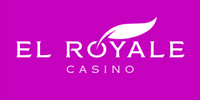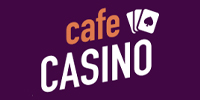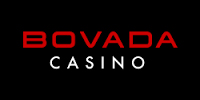Casino Expansion Legislation in North Dakota
30 December 2022A casino operated by Dakota Nation Gaming Enterprise, about an hour south of Fargo, plans to open its Dakota Nation Sportsbook.The decision to add sports betting comes after the Supreme Court ruled in 2018 to overturn a federal ban on state legal sports betting. The Professional and Amateur Sports Protection Act, passed in 1992, previously prohibited states from legislating sports betting.
Since the 2018 decision, states and tribal casinos have rushed to legalize sports betting and welcome an industry that, according to the National Conference of the State Legislature, is raking in millions into the state treasury. Twenty-nine states now offer legal sports betting either statewide or at tribal casinos. The American Gaming Association reported.
Marketing Director Rogelio Rubio said that since the Supreme Court opened the door to sports betting, Dakota Magic has been eyeing adding a bookmaker to the casino. “In North Dakota, sports betting was discussed in advance and approved in a state game agreement between the tribal nation and the state,” Rubio explained. “It was only after the Supreme Court ruling that Dakota Magic was able to seize the opportunity to bet on sports.”
The Dakota Nation Sportsbook will feature a Vegas-style lounge with large TVs, leather seating with cell phone charging stations, a limited menu, drinks, and a “massive” wall-to-wall video screen, Rubio said. Wagering should open soon locally via the clerk or kiosks, but the lounge is not expected to open until early next year, just in time for the Super Bowl.
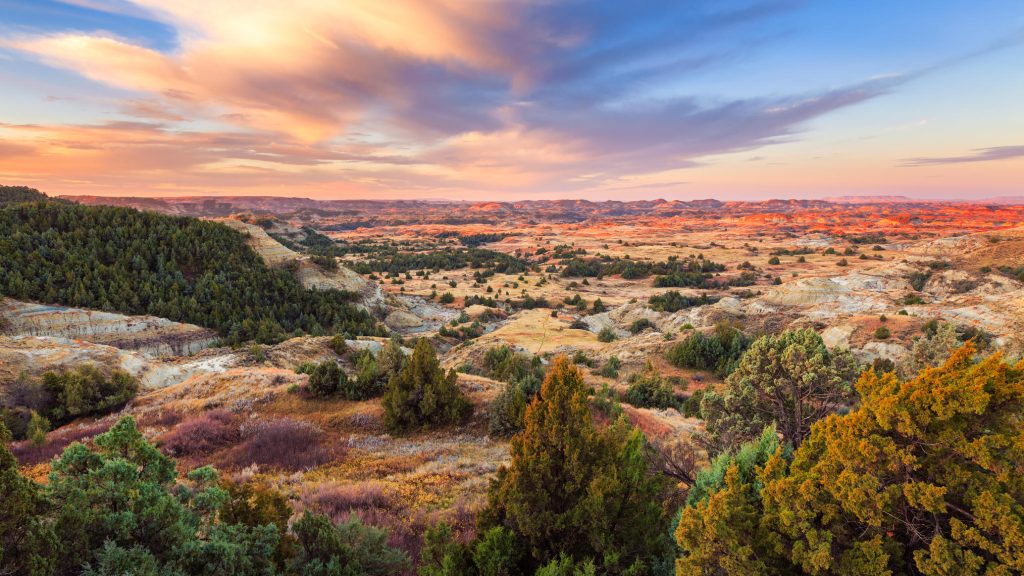
Other ways to wager “will be discussed later,” Rubio said, adding that any outside betting would require a green light from the state and tribal governments.
In addition to Hankinson Casino, Dakota Nation Sportsbook will be available at Dakota Connection in Sisseton and Dakota Sioux in Watertown. The South Dakota Gaming Commission moved to allow sports betting starting with a casino in Deadwood in May.
Players will be able to wager on both college and professional sports, meaning Red River Valley fans can take part in North Dakota State and University of North Dakota athletics. The odds will be set by PlaySports International Gaming Technology, Rubio said.
legal outsider
The North Dakota Legislature considered legalizing sports betting during the 2019 and 2021 sessions, but no action was taken both times.
In 2019, a bill opening the doors to sports betting was defeated by a vote of 37 to 8. Two years later, House Resolution 3032 allowed voters to answer the sports betting question through a 2022 ballot referendum. The decision was passed by a majority vote in the House of Representatives but was defeated by a single vote in the Senate. Bill 1234, another sports betting bill proposed this year, also failed to pass.
Statewide sports betting is facing a surge in North Dakota, where both institutions of higher learning and tribal governments are fiercely opposed.
The National Collegiate Athletic Association opposes sports betting, as do local education leaders. In 2019, University of North Dakota System Chancellor Mark Hagerott said that college sports betting could lead to rigging as well as huge pressure on student-athletes. Hagerott, along with NDSU President Dean Bresciani, again opposed the resolution in 2021.
‘DraftKings don’t care’
Tribal lobbies also oppose the spread of sports betting outside of tribal casinos.
Collette Brown, executive director of the Spirit Lake gaming commission, testified against the 2021 proposal aimed at DraftKings, a Boston-based company that has been supporting the bill. “DraftKings don’t care (about North Dakota), they’re trying to maximize their profits,” she said. “We shouldn’t send gaming revenue to the New York Stock Exchange.”
United Tribes Gaming Association chief executive Cynthia Monteo also spoke out against the 2021 measures, saying they would reduce the livelihoods of tribal casinos. “In most cases, gaming is our only source of income for job creation and economic development,” Monteu said. “HB 1234 is an expansion of gaming outside of tribal casinos and we strongly oppose it.”
In addition, socially conservative legislators have declared their disinterest in expanding sports betting. West Fargo Republican Senator David Clemens said the rates sports would be another vice for citizens, while Jamestown Republican Bernie Sutrom questioned whether the social costs were worth the tax revenue.
In response to an inquiry from Satrom, Fargo spokesman Jim Kasper, sponsor of HB 1234, said that sports betting is less likely to cause gambling addiction because it requires thought and skill.
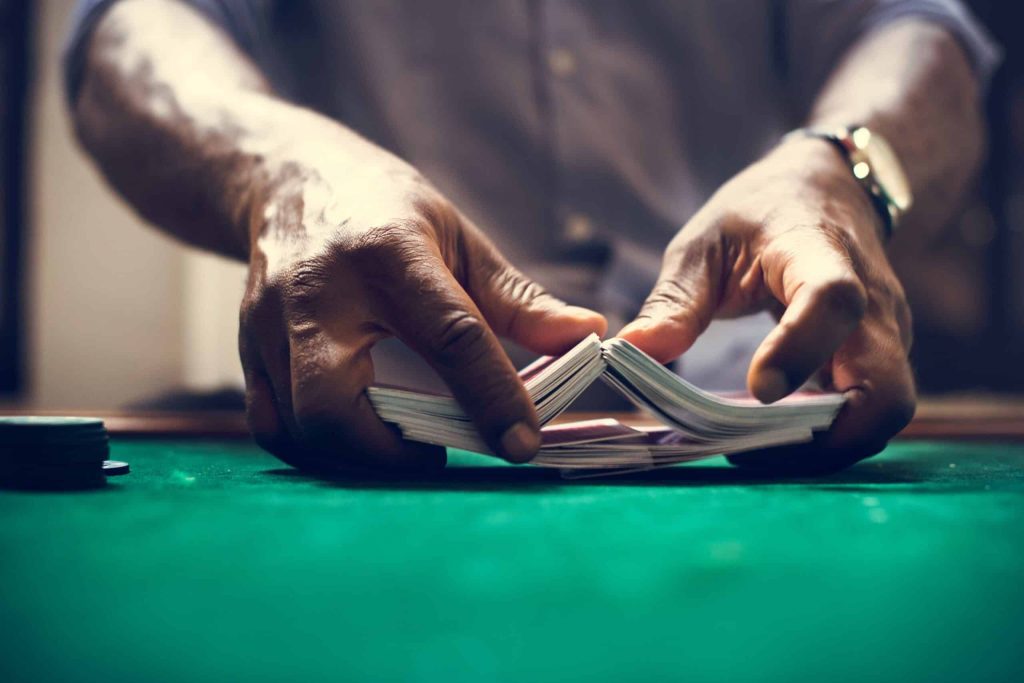
Casper and others also noted that illegal sports betting is already taking place in the state. The legalization of sports betting will allow the state to receive these revenues. “North Dakotas are already betting on sports,” Kasper commented. “They find ways to do it. I say we legalize it in our state and we tax it to have the benefit of what is already happening for the citizens of our state and our public treasury.”
Casino Expansion Legislation in North Dakota
In North Dakota, a Republican legislator announces amendments to an earlier proposed bill that would allow voters to decide whether to amend the state constitution to allow up to six state-owned casinos to open.
Under Carlson’s proposed legislation, which North Dakota state senator Richard Marcellay reportedly recently called “racist”, would see the results of a popular vote on whether the state should allow non-tribal casinos for the first time starting in June 2018 , though some critics argue that the measure represents nothing more than a payback of millions of dollars for Bismarck, who was forced to fork out police protests related to the controversial Dakota Access Pipeline project.
As originally written, House Concurrent Resolution 3033 will create a seven-member gambling commission composed of experts appointed by the state governor, auditor, attorney general, and legislators, while any of the new non-tribal casinos will be prohibited from operating within 20 miles of an Indian reservation. . Carlson’s updated document doubled that last condition to 40 miles, while the second provision, which would have banned commercial gambling establishments from being within a five-mile radius of a city with more than 5,000 inhabitants, has been completely overhauled, meaning these casinos will be allowed virtually anywhere in the state.

